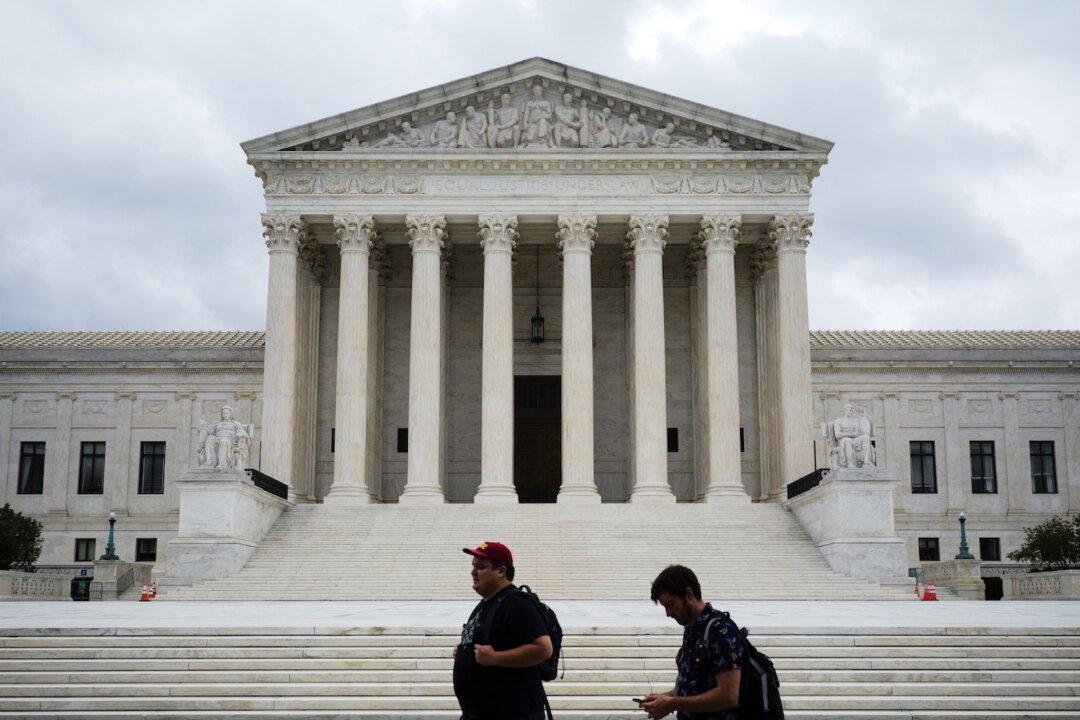The Supreme Court sided with Ohio in putting on hold an appeals court ruling from June that threw out a conviction and death sentence imposed on prisoner August Cassano, who complained that a trial court denied him his Sixth Amendment right to represent himself.
An execution date had not yet been scheduled.





